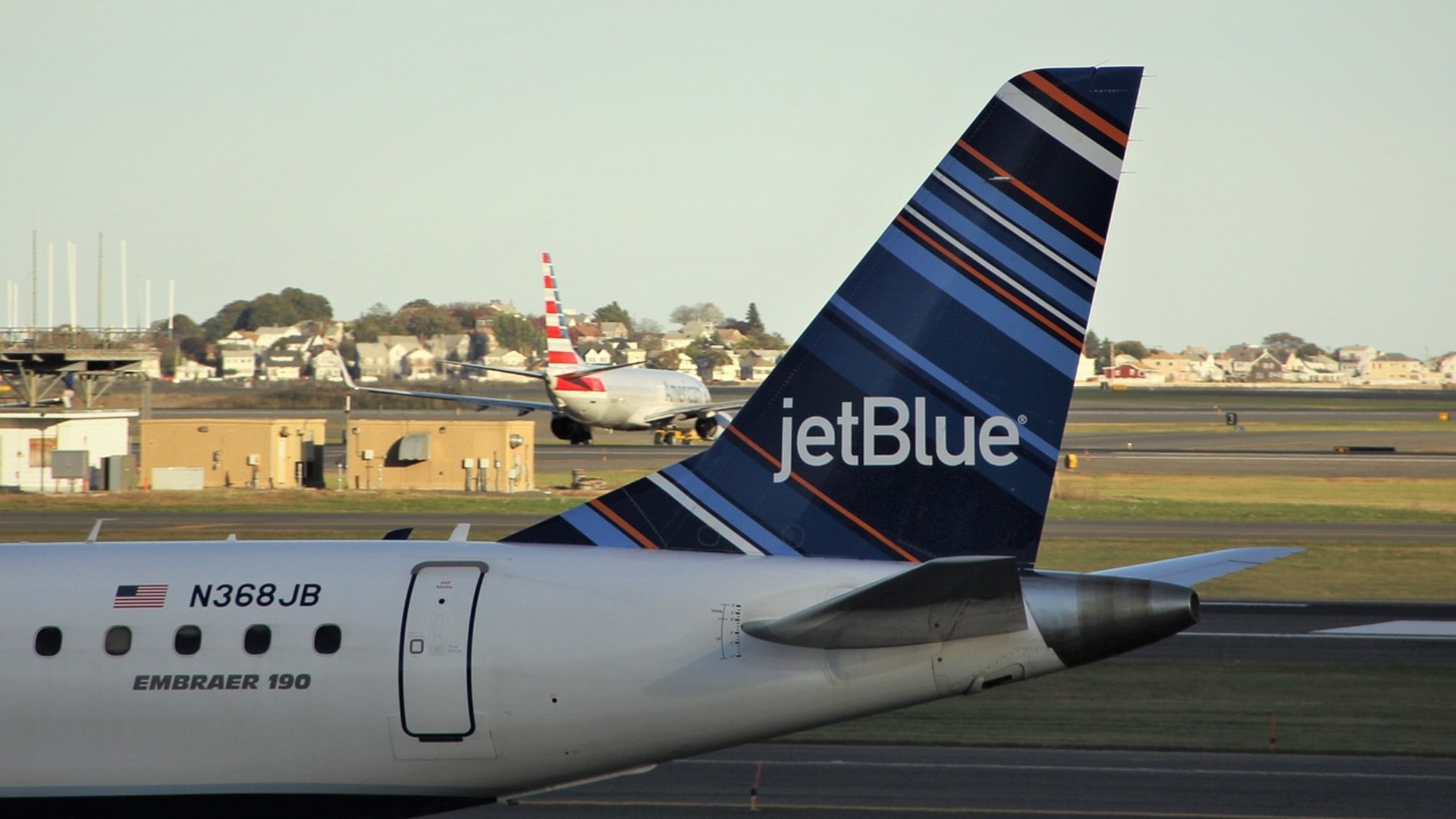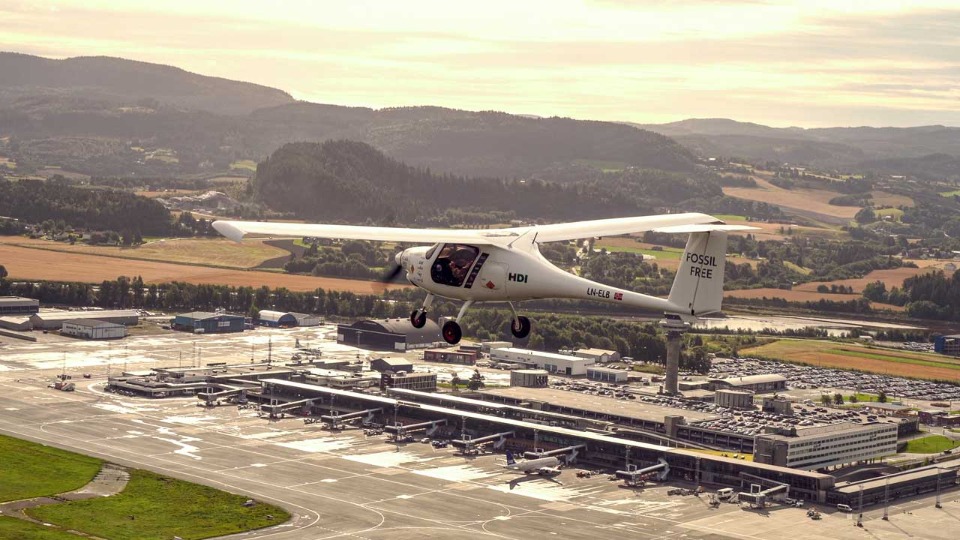
JetBlue-Spirit Merger Halted: Industry Impact

Federal court blocks JetBlue's acquisition of Spirit, raising questions on future airline mergers, market competition, and legal precedents for the U.S. airline industry.
The federal district court's decision on January 16, which temporarily halted JetBlue's intended takeover of Spirit Airlines, has sparked significant interest among industry observers about the future directions of both airlines.
This development also raises questions about the long-term implications for potential airline mergers and partnerships moving forward.
In 2020, American, Delta, United, and Southwest dominated the U.S. airline market, occupying 79% of domestic seat capacity. This consolidation resulted from a series of mergers between 2001 and 2013, which saw 10 airlines merge into what are today known as the Big 4. Moreover, Alaska Airlines acquired Virgin America in 2015 and has recently agreed to buy Hawaiian Airlines.
It remains uncertain whether the Justice Department under President Biden, emboldened by its successes in cases against the JetBlue-American and JetBlue-Spirit deals, will challenge the Alaska-Hawaiian merger. However, the January 16 decision by Judge William Young has undoubtedly caused concern throughout the airline industry, including Alaska Airlines.
Key worries stem from Judge Young's approach to evaluating the JetBlue-Spirit merger's competitive impact on a per-route basis, rather than considering the overall network. By this measure, Young found the merger legally deficient, suggesting it would disadvantage Spirit's price-sensitive customers across nearly 300 markets.
While airlines often argue that mergers and joint ventures bring consumer benefits through scale efficiencies, Young's acknowledgment that JetBlue's acquisition of Spirit could enhance its competitiveness does not override the legal challenges future mergers could face based on his ruling.
This could represent a new challenge within JetBlue's strategic thinking, as noted by Scott Wagner, an antitrust lawyer. Despite appealing Young's decision alongside Spirit, JetBlue has hinted at possibly withdrawing from the deal.
Wagner and other experts believe Young's ruling could influence the outcome of future airline merger reviews, making them more difficult to defend. If upheld by a circuit court, this would set a precedent, substantially increasing the challenge for airlines in defending merger agreements.
Each merger case is distinct and fact-specific, as highlighted by Eleanor Fox from NYU's School of Law. Despite this, the heightened scrutiny could deter JetBlue from pursuing further rapid expansion through mergers or alliances, especially considering the potential for increased regulatory hurdles following an unsuccessful appeal.
Should JetBlue proceed with its appeal, other airlines may anxiously await the outcome, recognizing that a stronger JetBlue could reshape competitive dynamics, even if it doesn't align with their immediate interests.








